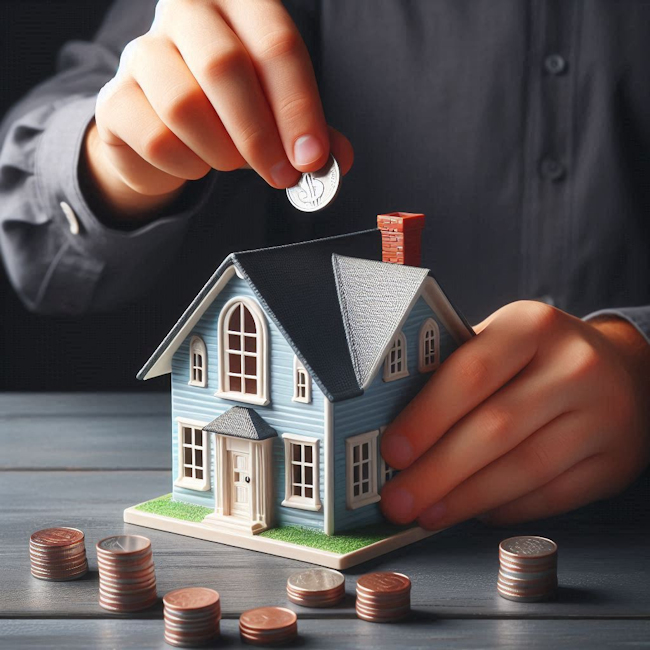When you decide to buy a house it is probably the largest financial decision of your life and with payment stretching for as long as 30 years you need to get it right. If you get this one wrong you can end up destroying your credit and still losing the house.
Even if you don’t actually lose the house you can find yourself in the unenviable position of being “house poor”. According to Investopedia: House poor is a term used to describe a person who spends a large proportion of his or her total income on homeownership, including mortgage payments, property taxes, maintenance, and utilities. Individuals in this situation are short of cash for discretionary items and tend to have trouble meeting other financial obligations, such as vehicle payments.
Avoid PMI
PMI is “Private Mortgage Insurance” and that is a fee that is charged by banks if your downpayment is less than 20%. So the easiest way to avoid that fee is to be sure you can make a downpayment of more than 20% of the value of the home. It is also possible to avoid it if you can get a really good deal on the house. For instance, if the house appraises for $300,000 but the seller is really motivated and you get it for $250,000 you have instant equity of $50,000 which is 16.6% of the value so you would only need to put down 3.4% in order to meet the 20% equity threshold. If you must pay PMI you can often get it removed once you meet the 20% threshold.
Understanding the 28 Percent Rule
Dave Ramsey recommends the 28% rule for deciding if you can afford a home although other advisors use different rules. Ramsey says, you shouldn’t buy a property that costs more than 28 percent of your net monthly income.
Additional Considerations
There will always be maintenance needs in a home, even if it’s newer. The unavoidable part of homeownership will cost you about one percent of the home’s value each year. If you paid $200,000 for the house, then you should expect to put away about $2,000 each year to cover those costs, which is $167 a month.
There’s nothing better than having a place to call home, but you need to make sure that you make a wise investment. You don’t want to get into the space and a couple of years down the line realize that you can’t afford it. Make an informed decision based on the numbers, and only you truly know what you can afford.
You might also like:
- Evaluate Your Finances to Know You’re Ready to Buy a House
- How to Calculate the Costs of Relocation
- More Mistakes to Avoid When Buying Your First Home
- Purchase Agreements, Disclosures, Deeds, and Other Vital Documents in a Real Estate Sale
- 5 Mistakes Most First-Time Homebuyers Make
- Saving Up for a New House



